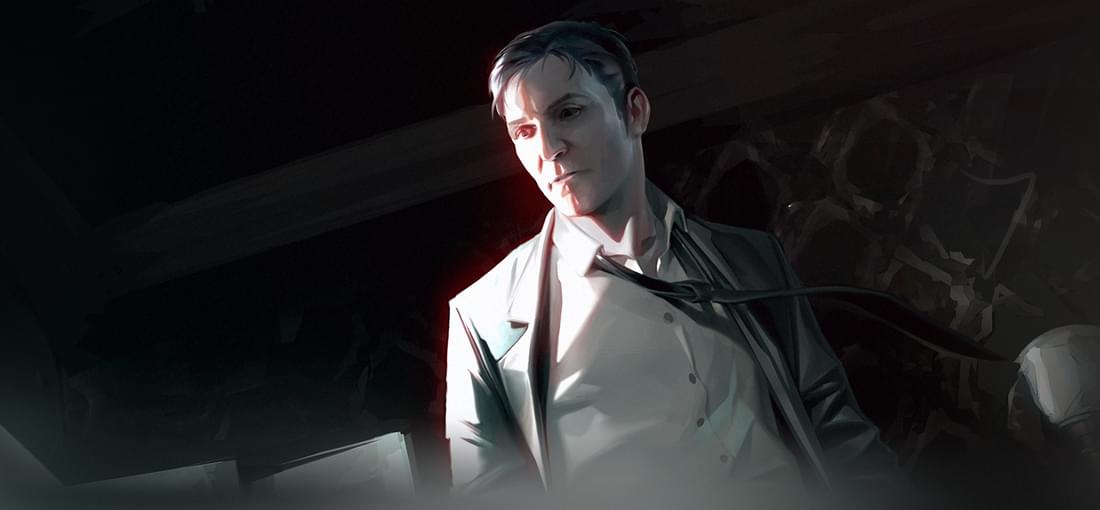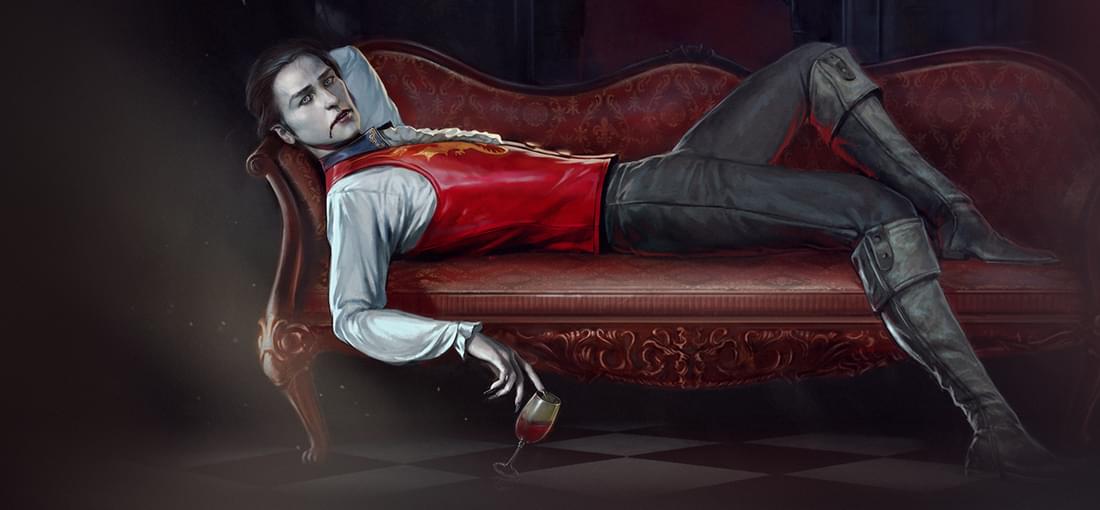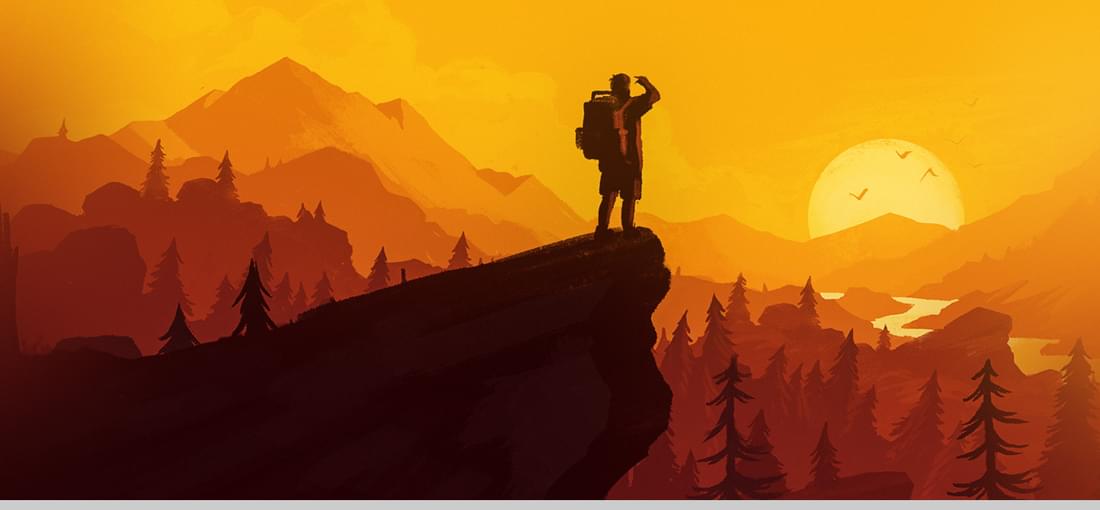


Insane is yet another racer with a shtick, from an era when racers where a dime a dozen. It isn't bad, per se, but it isn't good enough to recommend, especially as a single player experience. Level design is nice, although every level revolves around the same three elements - hills, plateaus and bodies of water. Plateaus are far and few between, hills are hard to climb but offer a shortcut, and bodies of water can get your car stuck, and can only be traversed in certain places, and only fairly slowly. Cars in this game feel fairly light and elastic, making their handling unexpected. You feel like you're steering a bouncy ball, so expect to skid and flip fairly often. It makes regular racing not very fun, so instead this game relies heavily on mini-games. Such as king of the hill, capture the flag, reach a certain gate first, etc. They can be somewhat fun, but the game is so poorly balanced, that within a minute you'll know if you're going to win or lose. Gain the lead in the first minute, and you're more than likely to win. Skid or flip within the first minute, and you'll have a hard time regaining the lead. Enemy AI isn't very good, so they'll opt to chase you down rather than flank you, making capture the flag fairly easy, and their path selection isn't the best, so king of the hill is very easy as well. You can just stand in place and earn points, while every other car is struggling to get to you. I got 100+ points that way, while the runner up had around 43 points. You're also forced to unlock these mini-games and these new tracks, which isn't a problem, but you're required to win events to unlock them, rather than reach a certain number of points. Which turns the game into a chore. For the game to actually be enjoyable you'll need to play with friends, that way the awkward physics will actually be enjoyable, and you'll also receive a proper challenge. A cheat to unlock every track wouldn't hurt either.

Crimes and Punishments is the best Sherlock Holmes game I played, but that's not saying much. Especially since this game feels like it'd benefit from a sequel, which will fix the flaws of the first, and remove what didn't work. Problems both technical – such as the slowdowns and freezes, and the occasional crash, but more importantly problems with the plot, the mechanics and the voice over work. Overall, this game is very good, especially its graphics, which get enhanced with very good lighting effects. The mysteries chosen are also a decent fit for Holmes, but partly because 3 of them are from the Sherlock Holmes stories. One doesn't mention Holmes by name, another is completely forgettable, and the third is often adapted to screen, making it very familiar. But even with more unique mysteries, the feeling of actually solving a mystery would still be missing. Levels are small and filled with invisible walls, so you're constantly herded in the right direction. You're told where to search for clues, when to use Holmes special vision - vision that helps him spot hard to find clues, and when to move on from the crime scene. In fact, you're given quests to fill, called tasks, so whatever mystery you're trying to solve, you'll do it in a paint by numbers way. You're not forced to collect all the clues, but without every clue, it's a game of guesswork. You can complete the game by reaching the wrong conclusions, but what's the fun in that? It's bad enough that the correct conclusions don't always make sense, and sometimes seem to ignore previous clues. You also can't fully investigate a crime scene, or ask relevant questions, because those actions are only unlocked once you receive an obvious clue telling you to search that place, or ask that question. There's also a nice variety of mini-games, but they get repeated far too often, and ultimately feel like padding. Watson is decent now, but mostly because the bulk of his dialog is in the opening, parody-esque, scene.

Dracula Origin seems like a game made to capitalize on name recognition, rather than introduce anything new to the vampire genre. Right from the start we learn that the plot to this game is the plot to the book, only altered just enough to make it subpar. We're also shown visuals that are good enough, but don't seem to quite fit together - as if this game was made from leftover assets, at least in part. Some screens seem throwaway, while others seem incredibly detailed and carefully constructed. Yet half the game seems to take place in Egypt, another quarter in a boring apartment, and the last quarter seems to actually have something to do with Dracula, so I'm not sure if this is a cash grab or a genuine low budget attempt at a Dracula story. Not that it matters, since the plot isn't very good. The game is also mostly on the easy side, since the game's creators tried to fix every flaw they introduced into the gameplay - mainly this being a pixel-hunting collect-a-thon with weird viewing angles that hide large sections of a level. You can press a button and see everything you can interact with, and the intended interaction, making reaching hidden areas of a level easier, and makes collecting items a breeze. You can avoid using it, but it doesn't make the game more enjoyable. The main character also tells you when you "forgot" to do something that will allow you to advance further in the game. He even stops you from leaving a room until you've done everything there is to do there. There are some unintuitive puzzles, but they are either solved with trial and error, hints the character gives, or informed guesswork. The end to the game feels quick and underwhelming, and Dracula isn't really felt for most of it. His presence is best felt by reading the text you collect during the game. The Egypt portion of the game seems the most interesting. Horrendous dialogue and awkward line delivery make this into a laugh out loud comedy,which is both good and bad.Worth a watch.

Roots is like any other game in the series, it has a loose to non-existant plot, a myriad of puzzles, and a setting meant to shock the player, or at least gross them out. Puzzles are surprisingly easy and straightforward this time, since you don't have a lot to do or interact with in each level, making some levels last less than a minute. It makes the 33 levels seem justified, while at first I thought it was going to be a grind-fest. It does make levels blend together, and makes most of the game forgettable, especially since it consistently tries to shock you, taking away the effect it could have had in smaller doses. After all, all you really have to do is scour the small level for items to pick up, and think where you're supposed to use them. The game's puzzles also often rely on choosing a right sequence - whether the right password to open a suitcase, or the right item matched with the right person - things you can't solve strictly by using logic. You can either use brute force, which is sometimes easier, or look for the solution to the puzzle, which almost every level has pasted in it, in some sort or fashion. Occasionally you get a more obscure or difficult puzzle, which there's very little incentive to solve with logic. Especially since like always, trial and error can be quicker. Either that or use a walkthrough. None of the puzzles are very fun or rewarding to figure out.

Firewatch is a game that pretends to give you choices, while leading you down a rigid path. Your choices don't really matter, and each day in the game is filled with tasks chosen for you by your boss. You can roam the map and ignore those tasks, at least for a while, but the map is small, filled with invisible walls, and forces you to go down specific paths. You can only scale specific hills and only in specific places, and you can only jump over specific obstacles. In addition, the environment doesn't seem to affect the main character. Whether there's a fire nearby, whether the air is filled with smoke and he can barely breath, or if he just finished a tough climb, his reactions are the same - as if nothing fazes him. Frankly, he's a blank slate, as well as any other character in the game. We do get to know him at the start of the game, by the game dropping a big block of text on us, which serves as his biography. Occasionally the text stops and you're tasked with choosing his reaction to events that happen to him, but the choice is between a bad one and a worse one, and there's no incentive to actually pay attention to what you are choosing. Go past that block of text, and his biography stops being important, and is only referenced a few times. It somewhat feels like cheating - give us a well written, albeit cliched, origin story to make us sympathize with a character that the gameplay itself tells us isn't very bright, nor very relatable. Not that any character in this game is very bright. They all act as if they were born yesterday, and everything is new to them. There is the promise of a mystery, but that eventually fizzles out, and we're left with a plot where nothing much happens. Partly because of this game's weird decision to fast forward itself. Instead of letting you get to know the main character intimately, as he starts his job, we see a few days as a new recruit, and then jump to several months later. It makes the game last only 3-4 hours.

Having only played The 11th Hour, not being able to run The 7th Guest, I can only compare this game to that. In comparison, at times it's the exact same game, at times it's subpar. Meaning that at best it's a carbon copy, rather than a continuation of the series, which is the problem with every fan game. The game is also divided into two segments, both giving the player a completely different experience. If you play as the doctor, most of the puzzles are a breeze, either because the solution requires only a few moves, or the puzzle is easy to brute force, or the puzzle uses a simple enough mechanic to understand. If you play as the mental patient, puzzles are much harder, but not any more fun or rewarding. No matter who you play as, the plot is fairly similar, since not much happens in the house, besides a few bad jump scares. The acting is pretty bad, and not in the so-bad-it's-good way of the previous games. The visuals and lighting don't help either, making ghosts seem full of life, and makes actors look comical. There are also animations that appear when you click on certain objects, but when playing the doctor, they're far and few between and aren't very good. Playing the mental patient they're better, but not enough to convey a creepy atmosphere. Not that the game manages to convey any atmosphere at all. Unlike previous games you can't freely roam the rooms, instead you advance in a linear fashion, from puzzle to puzzle, and you can't advance until you solve the current puzzle. You can also fast travel using the map, which also tells you which rooms still have puzzles to solve or items you missed, making roaming the house no longer needed. You simply jump from puzzle to puzzle, while the plot advances without you noticing. It doesn't take long for the young promising doctor to become crazier than his patient, without much prodding from outside forces. Some animations hiccup, there are visual glitches, and the music is like two songs being played at once,

Ankh seems like a game where almost everything comes together to make for an unforgettable experience. Character models are great, the soundtrack is nice, the comedy surprisingly profound at times and occasionally breaks the fourth wall, and the dubbing seems to be good enough to make the different characters distinct and interesting. But you have to play it to experience all of that, and the gameplay sinks this game like a stone. Puzzles are often nonsensical, levels large and empty, the various characters are underutilized, pixel-hunting and trial and error are required, areas and characters get recycled far too much, and the game ends in a whimper with an unsatisfying resolution, after the shortest and easiest chapter to the game - mainly because it's the most limited. Ankh is one of those puzzle games you're better off solving by looking at how it's built, rather than with pure logic. If you keep in mind that this game didn't have much of a budget, and you'll realize not a lot changes from chapter to chapter, you won't backtrack as much. Largely, once you solve a puzzle connected to a specific character, there's no need to interact with that character ever again. There's also no need to solve anything but the main puzzle in each chapter, although it may seem like you can solve several at a time. There's also a character that serves as a guide on what to do next, saving you a lot of aggravation. Ankh is also a weird game. The comedy isn't sharp enough to be memorable, and some lines seem out of place - like a throwaway line about Roman orgies. There isn't a lot of dialogue regardless, and you'll probably explore all of it. It also has various visual bugs, and skipping dialogue too quickly can cause the game to stick you in sort of limbo, forcing you to force-quit the game. Saving often and a walkthrough are needed. To retrieve a lamp from a shallow pool you need to release a slave you encountered several chapters before - because you don't know how to swim...